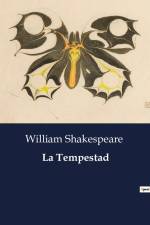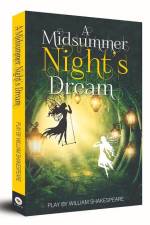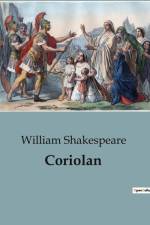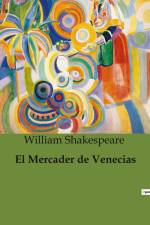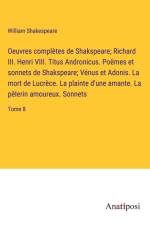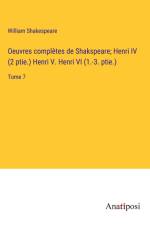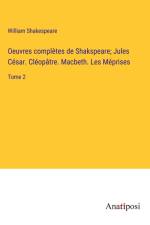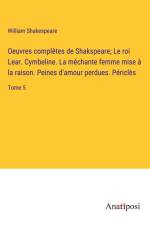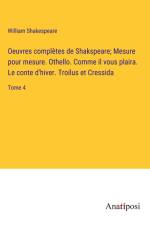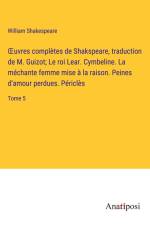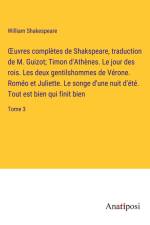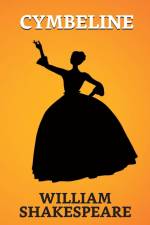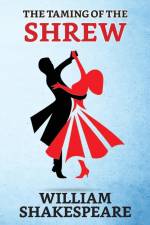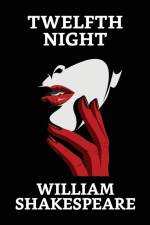av William Shakespeare
265,-
ANTONIO.- En verdad, ignoro por qué estoy tan triste. Me inquieta. Decís que a vosotros os inquieta también; pero cómo he adquirido esta tristeza, tropezado o encontrado con ella, de qué substancia se compone, de dónde proviene, es lo que no acierto a explicarme. Y me ha vuelto tan pobre de espíritu, que me cuesta gran trabajo reconocerme. SALARINO.- Vuestra imaginación se bambolea en el océano, donde vuestros enormes galeones, con las velas infladas majestuosamente, como señores ricos y burgueses de las olas, o, si lo preferís, como palacios móviles del mar, contemplan desde lo alto de su grandeza la gente menuda de las pequeñas naves mercantes, que se inclinan y les hacen la reverencia cuando se deslizan por sus costados con sus alas tejidas SALANIO.- Creedme, señor; si yo corriera semejantes riesgos, la mayor parte de mis afecciones se hallaría lejos de aquí, en compañía de mis esperanzas. Estaría de continuo lanzando pajas al aire para saber de dónde viene el viento. Tendría siempre la nariz pegada a las cartas marinas para buscar en ellas la situación de los puertos, muelles y radas; y todas las cosas que pudieran hacerme temer un accidente para mis cargamentos me pondrían indudablemente triste. SALARINO.- Mi soplo, al enfriar la sopa, me produciría una fiebre, cuando me sugiriera el pensamiento de los daños que un ciclón podría hacer en el mar. No me atrevería a ver vaciarse la ampolla de un reloj de arena, sin pensar en los bajos arrecifes y sin acordarme de mi rico bajel Andrés, encallado y ladeado, con su palo mayor abatido por encima de las bandas para besar su tumba. Si fuese a la iglesia, ¿podría contemplar el santo edificio de piedra, sin imaginarme inmediatamente los escollos peligrosos que, con sólo tocar los costados de mi hermosa nave, desperdigarían mis géneros por el océano y vestirían con mis sedas a las rugientes olas, y, en una palabra, sin pensar que yo, opulento al presente, puedo quedar reducido a la nada en un instante? ¿Podría reflexionar en estas cosas, evitando esa otra consideración de que, si sobreviniera una desgracia semejante, me causaría tristeza? Luego, sin necesidad de que me lo digáis, sé que Antonio está triste porque piensa en sus mercancías.

